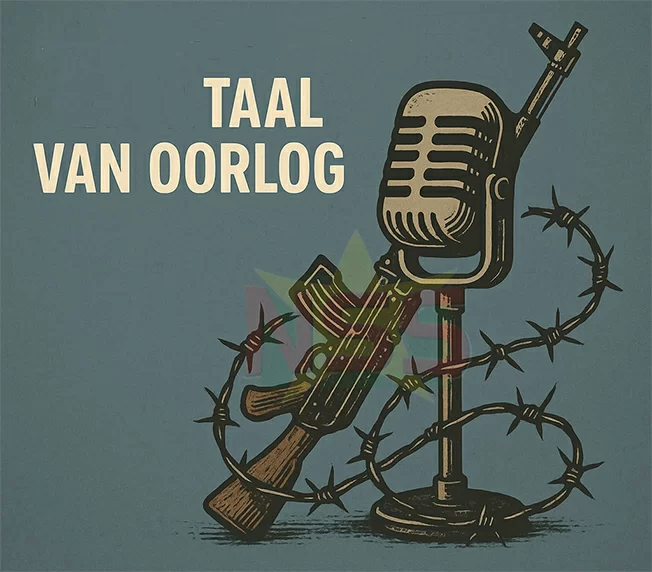On Monday, Suriname celebrated Diwali, a festival symbolizing light, harmony, and spiritual purity. The nation prides itself on being a “mini United Nations,” yet ethnic tensions persist, particularly in politics. Suriname’s strength lies in its diversity, where no single group dominates another. However, during a recent government press conference, President Jennifer Simons faced a contentious question: whether the removal of individuals from key positions appointed by the previous administration amounted to “ethnic cleansing.” The president responded sharply, emphasizing that such terminology is inappropriate in a democracy, especially in a nation nearing 50 years of independence and celebrated for its ethnic coexistence. She clarified that Suriname’s governance is built on reality, not ethnic chess games. Her pointed question to the journalist—”Did you understand my answer?”—highlighted the need for responsible language in public discourse. A free press is essential, but critical questions must not devolve into misleading narratives. No political party in Suriname represents a single ethnic group. The country is a mosaic of minorities, and suggesting otherwise undermines its foundation. The real issue is not “Whose people are these?” but “How do we design a system where state positions are not seen as personal property?” As Suriname approaches its 50th anniversary of independence, it must move beyond ethnic politics. Those who stoke ethnic tensions in a nation built on peace are playing with fire.
